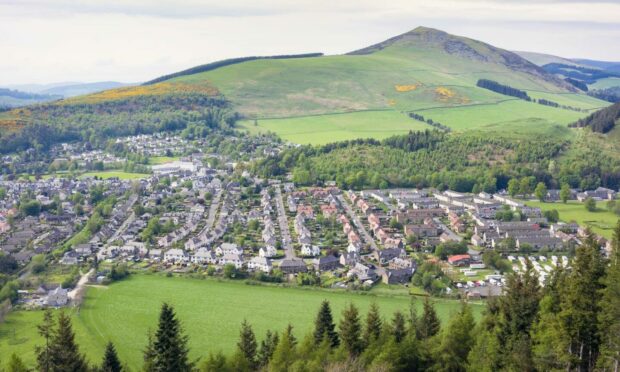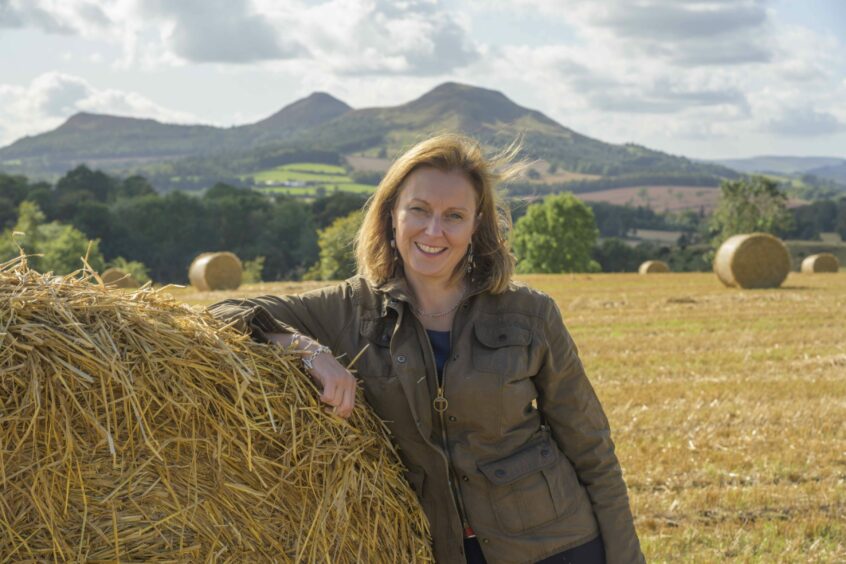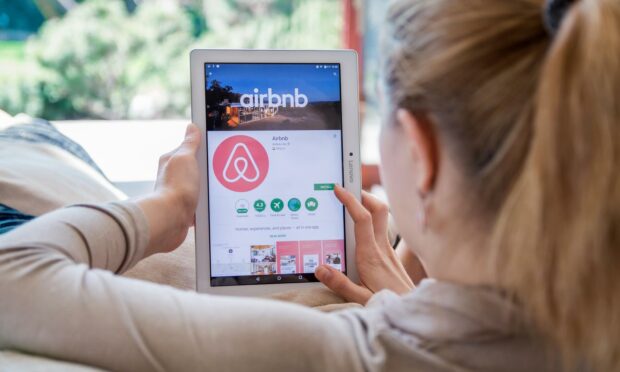All Scottish Conservative councillors elected in May have committed to continue to fight against the SNP’s short-term lets licensing scheme.
The party has made the commitment in their local government election manifesto which is released today ahead of voters going to the polls on May 5.
The key pledge is one of several to appeal to rural voters amid concerns around how the scheme will operate in tourist hotspots such as the Highlands.
MSPs have already passed the legislation requiring landlords to have licences for short-term let properties.
Councils will each have to devise a licensing scheme by October, with all short-term let operators required to apply for a licence by July 1, 2024.
‘Burdensome legislation’
Rachael Hamilton, the Conservatives rural affairs spokeswoman, claims the scheme was “railroaded through parliament despite key bodies resigning from the working group amid widespread concern from the industry”.
She added: “Scottish Conservative councillors will remain fully committed to fighting this burdensome legislation, which is only damaging small businesses, particularly in our rural areas.
“The needs of our rural communities are continually ignored by SNP ministers whose focus is largely diverted towards the central belt.
“Ministers were warned that this scheme was the last thing businesses needed after the devastating impact of the pandemic, but they simply did not listen.”
However, SNP MSP Jim Fairlie said the scheme “allows councils and communities to take action to manage local issues more effectively”.
He added: “Are the Scottish Tories really saying that no Tory councillor will vote for a licensing scheme in their own area, no matter what local circumstances may call for?
“It would seem to fly in the face of their constant demands for more local representation if councillors are to be told by their central office they can’t make sound local decisions.
“While the Tories play politics with the real issues facing communities across Scotland, I’m glad people can vote SNP on May 5 for councillors that will work constructively on local issues.”
Highland Council’s tourism committee chair, Gordon Adam, said earlier this year that regulating the licence scheme will have “significant resource implications” for the local authority.
There are around 10,000 premises in the region that may require site visits, monitoring compliance and enforcement.
Yet no additional funding to implement the scheme is being made available from the Scottish Government.
Fees to apply for a licence are uncapped under the government’s plans, with individual local authorities able to set their own rate.
However, indicative fees set out by the Scottish Government are estimated to be in the range of between £214 and £436.
The legislation was developed in response to concerns raised by residents and communities about the impact of short-term let properties on their local communities, including noise, anti-social behaviour and the impact on the supply of housing in some areas.
Ministers denied it was an “Edinburgh-only problem”, where residents have suffered due to an increase in Airbnb properties.
An independent study last year had shown there were “some tensions getting the balance right between the economy and the community” in areas such as Skye and East Fife.
‘Unintended consequences’
The Association of Scotland’s Self-Caterers Chief Executive, Fiona Campbell, said: “The Scottish Government is imposing its burdensome licensing scheme on Scotland’s hardworking self-caterers at the worst possible moment, seemingly without a care for the unintended consequences that it will bring.
“The ASSC eagerly anticipates the opportunity to take part in its review in 2023 and will welcome the chance to fix what is clearly a broken solution.
“In the meantime, we call on both local and national governments to work with us to ease the burden carried by our members and those across Scottish tourism.”
A Scottish Government spokesman said: “Short-term lets bring benefits to hosts, visitors and the Scottish economy.
This legislation is appropriate for the whole of Scotland, including island and rural communities, and offers considerable flexibility to local authorities on how it is implemented.”
Scottish Government spokesman
“However, regulation is vital to address safety concerns and to balance the needs of local communities, including significant concerns from residents such as noise, antisocial behaviour and the supply of housing in some areas.
“The Scottish Government’s licensing scheme will allow local authorities and communities to take action to manage issues more effectively, without unduly curtailing the many benefits of short-term lets to hosts, visitors and the economy.
“This legislation is appropriate for the whole of Scotland, including island and rural communities, and offers considerable flexibility to local authorities on how it is implemented.”


